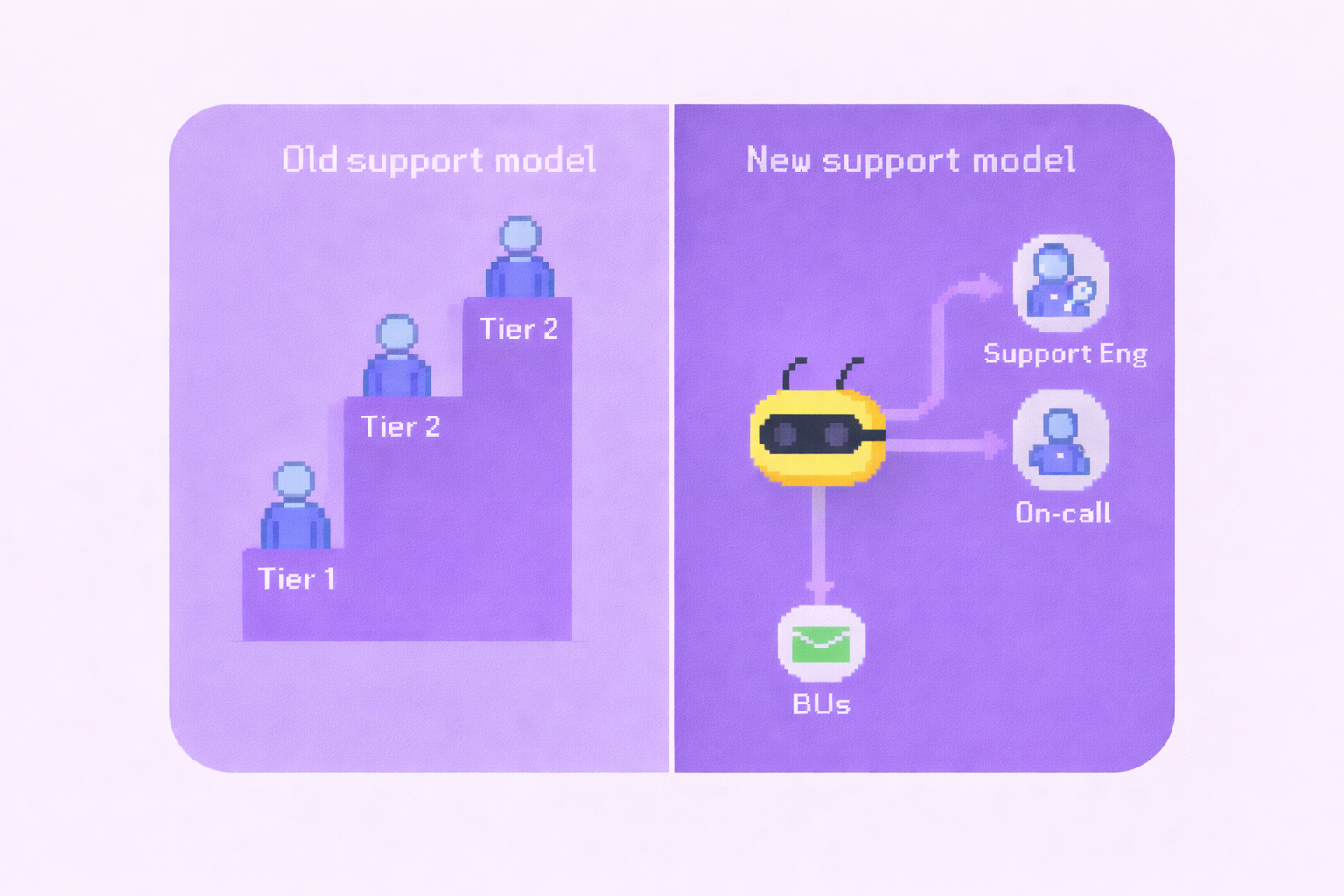4 Warning Signs of a Toxic Organizational Culture

Is your organizational culture toxic?
Some signs are obvious: employees crying at their desks; high churn rates, inhumane working hours—throw in some unfair pay, and you get the idea.
The problem is that most toxicity in work culture hides behind a veil of innocuousness.
Just like with physical toxicity, a few trace elements here and there aren't often noticeable, or dramatically damaging. But as those trace elements add up, the toxicity concentrates, quickly outweighing the positive aspects of the organizational culture you've worked so hard to create.
You may have some excellent policies in place designed to improve company culture, but it's crucial to step back and assess the greater collection of policies both deliberately and unintentionally enacted within your organization.
Here are a few signs of a toxic organizational culture that, when caught early, can be remediated easily before their combined effects reach the critical point of toxicity:
1. Lack of recognition
It's absolutely vital for employees to be recognized for the work they do. No exceptions.
Anyone convinced that employee recognition is superficial, or that employee contributions are sufficiently recognized through base pay is sorely mistaken. Believe it or not, one of the most common reasons employees leave their job is a lack of appreciation.
Recognition doesn't just keep people from leaving either—frequently recognized employees are better motivated employees too.
2. Neutral or negative interpersonal interactions
The tone of your daily interactions has a dramatic effect on organizational culture.
Employee interactions, whether they're between managers and their reports, or between peers have a major impact on culture. In many organizations, interactions are primarily neutral, or negative. It's natural to have neutral and negative interactions from time to time, but if they dominate the communicative landscape in your organization, there's a good chance it's toxic.
Here's a perfect example of a neutral interaction:
"Alex, I'm going to need that report by Thursday."
And a similar, but negative, interaction:
"Alex, I needed that report by Thursday. Where is it?"
This doesn't mean that meeting deadlines is unimportant. The key is understanding the power of positive interactions. Especially in a remote or hybrid environment, clear and positive communication has a sizeable effect on organizational culture. Commending that employee on his skills and contributions in that area will go a long way toward inspiring him to achieve.
3. Lack of transparency
Transparency helps employees to feel comfortable, confident, and secure in their position.
Without that sense of confidence and security, a toxic element of uncertainty and distrust can seep into the workplace. It's not just about promoting a sense of job security either. Giving employees the advantage of a transparent work environment can help improve their output as well.
When employees have a good sense of what direction the company is moving in, they can more easily pull their weight in that direction. Without that knowledge, it's incredibly difficult for them to align with the organization's goals, or help achieve them effectively.
Solid knowledge of projects others are working on, and how each piece fits together can help the entire team work more efficiently. The more information employees have, the more effective their decisions will be.
Want our newest blog posts straight in your inbox? Sign up for our bi-weekly newsletter!
4. Lack of balance
Modern employees seek balance in their careers.
This balance takes several forms, from the balance/integration between their personal and professional lives to the balance of power and hierarchy in their workplace. Without the proper balance, almost anything can be rendered toxic.
Millennials in particular seek positions where they're granted more autonomy both over the projects they work on, and how they go about working on them.
If employees don't feel they can achieve the balance they require in your organization, there's a good chance they'll eventually look elsewhere. Take some time to evaluate your organizational culture, check for these signs of toxicity, and make sure they're not undoing the hard work you've put into building a great team.







